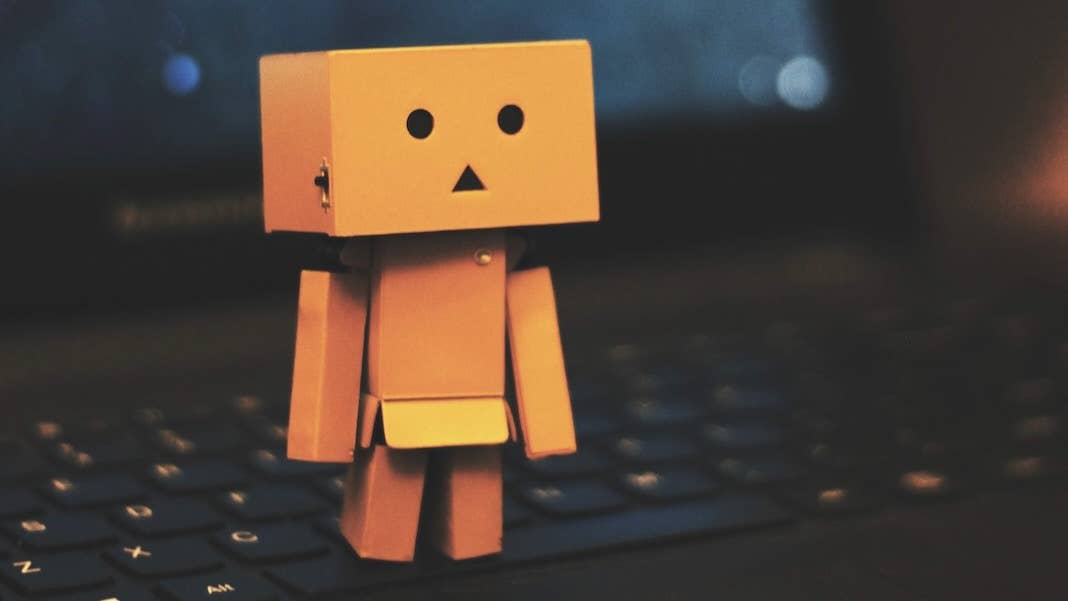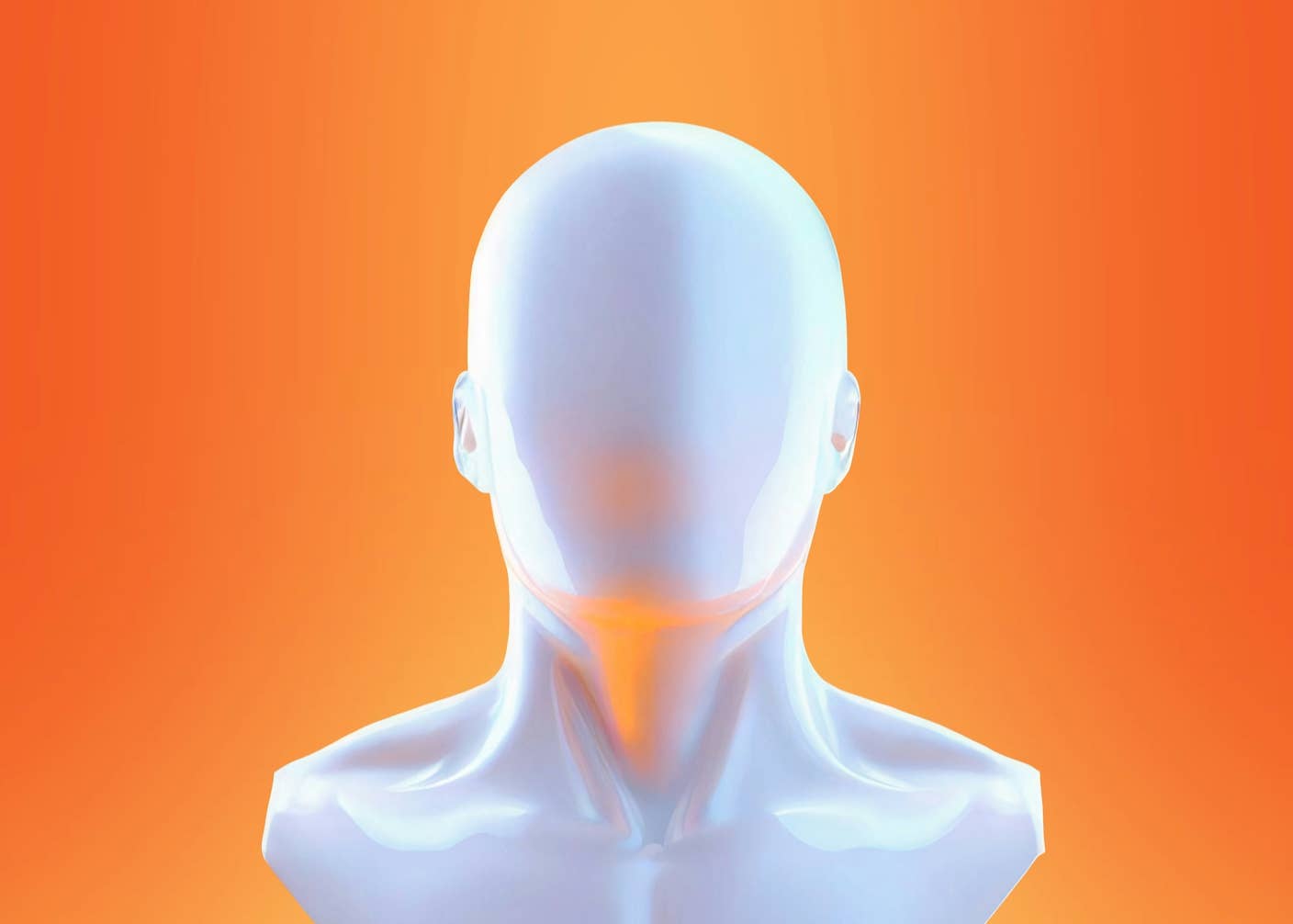Could Having Robot Coworkers Make Us Lazier? Yep, Pretty Much, Study Says

Share
It's not uncommon for people to take their foot off the pedal at work if they know others will cover for them. And it turns out, the same might be true when people think robots have got their backs.
While robots have been a fixture in the workplace for decades, they’ve typically taken the form of heavy machinery that workers should steer well clear of. But in recent years, with advances in AI, there have been efforts to build collaborative robots that work alongside humans as teammates and partners.
Being able to share a workspace and cooperate with humans could allow robots to assist in a far wider range of tasks and augment human workers to boost their productivity. But it’s still far from clear how the dynamics of human-robot teams would play out in reality.
New research in Frontiers in Robotics and AI suggests there could be potential downsides if the technology isn’t deployed thoughtfully. The researchers found that when humans were asked to spot defects in electronic components, they did a worse job when they thought a robot had already checked a piece.
“Teamwork is a mixed blessing,” first author Dietlind Helene Cymek, from the Technical University of Berlin in Germany, said in a press release. “Working together can motivate people to perform well, but it can also lead to a loss of motivation because the individual contribution is not as visible. We were interested in whether we could also find such motivational effects when the team partner is a robot.”
The phenomenon the researchers uncovered is already well-known among humans. Social loafing, as it is known, has been extensively studied by psychologists and refers to an individual putting less effort into a task performed as a team compared to one performed alone.
This often manifests when it’s hard to identify individual contributions to a shared task, say the researchers, which can lead to a lack of motivation. Having a high performing co-worker can also make it more likely.
To see if the phenomenon could also impact teams of robots and humans, the researchers set up a simulated quality assurance task in which volunteers were asked to check images of circuit boards for defects. To measure how the humans were inspecting the boards, the images were blurred out and only became clear in areas where the participants hovered their mouse cursor.
Of the 42 people who took part in the trial, half worked alone, and the other half were told that a robot had already checked the images they were seeing. For the second group, each image featured red check marks where the robot had spotted problems, but crucially, it had missed five defects. Afterwards the participants were asked to rate themselves on how they performed, their effort, and how responsible for the task they felt.
The researchers found that both groups spent more or less the same amount of time inspecting the boards, covered the same areas, and their self-perception of how they’d done was similar. However, the group that worked in tandem with the robot only spotted an average of 3.3 of the 5 defects missed by the machine, while the other group caught 4.23 on average.
Be Part of the Future
Sign up to receive top stories about groundbreaking technologies and visionary thinkers from SingularityHub.


The researchers say this suggests that those working with the robot were less attentive when they were checking the circuit boards. They speculate that this could be because they subconsciously assumed the robot wouldn’t have missed any defects.
While the effect was not hugely pronounced, the researchers point out that in their study participants knew they were being watched and evaluated and the tests were relatively short and simple.
“In longer shifts, when tasks are routine and the working environment offers little performance monitoring and feedback, the loss of motivation tends to be much greater,” said Dr Linda Onnasch, senior author of the study.
While the research was focused on human-robot collaboration, it’s not a stretch to imagine that similar dynamics could play out with other kinds of AI assistants. While chatbots are beginning to provide links to sources, many humans may not bother to check them, and there are growing concerns that people are becoming over-reliant on AI writing tools.
With machines able to assist us on a growing number of daily tasks, it will be important to make sure they’re helping augment our capabilities—and not simply letting us slack off.
Image Credit: Jem Sahagun / Unsplash
Related Articles

What the Rise of AI Scientists May Mean for Human Research

This ‘Machine Eye’ Could Give Robots Superhuman Reflexes

Scientists Want to Give ChatGPT an Inner Monologue to Improve Its ‘Thinking’
What we’re reading
